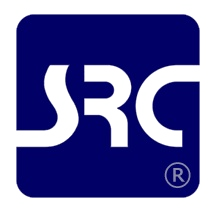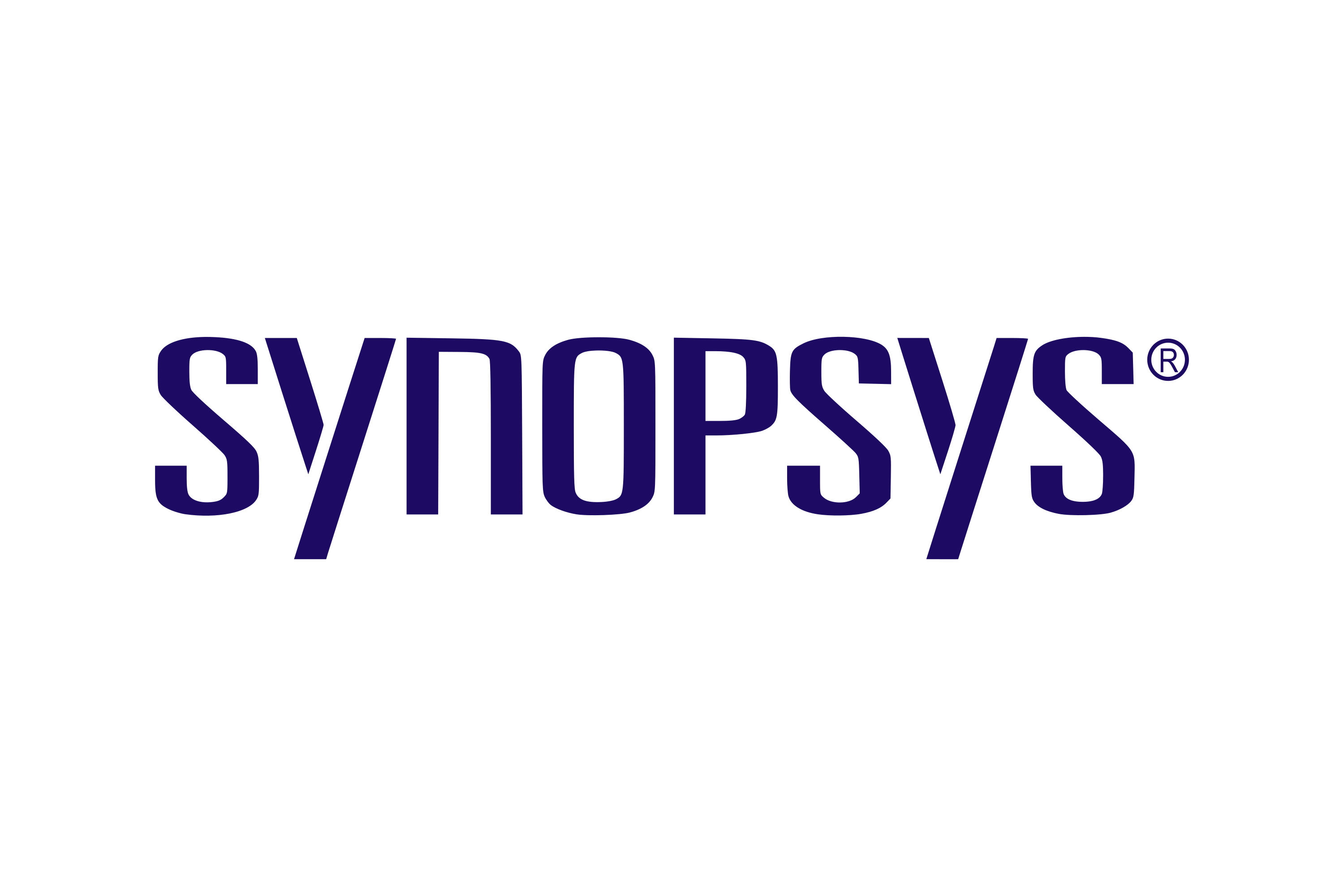VLSI System Computing Lab (VSCLAB)
VSCLAB introduction
VLSI System Computing Lab (VSCLAB) is directed by Prof. Sheldon Tan, who is a Professor at Department of Electrical and Computer Engineering at Bourns College of Engineering. Dr. Tan is also a cooperating faculty member (co-faculty) of the Computer Science and Engineering department. Here are his latest curriculum vitae and short biography and my publication list.
In addition, Dr. Tan was the Editor in Chief (EIC) of Integration, The VLSI Journal from Jan. 2016- June 2025, which is one of the primary journals in the VLSI design and CAD/design automation (EDA) areas with CiteScore 5.2 and IF 2.5 (as of June 2025). Currently he is subject editor for Integration. Welcome to submit your papers to this journal.
VSCLAB Recent Research Highlights:
- Thermal map database for commercial CPU/GPU/TPU multi/many core processors
- EMspice: coupled EM-IR analysis tool for full-chip power grid EM and IR check and sign-off
- GPU-accelerated sparse parallel LU factorization solver project, GLU V3.0 is available in Github (with sources codes and examples)
- The physics-based electromigration models in matlab and related documents and examples in github
Current research areas
- AI and LLM-powered approaches for VLSI reliability modeling and optimization
- Low power hardware accelerator design for machine and deep learnings
- Digital twins for advanced package and chiplet designs for thermal and reliability integrity
- Machine learning based thermal modeling, optimization and dynamic thermal management emerging package in system and chiplet design
- Parallel computing and analysis on heterogeneous and accelerator-rich (GPUs) platforms
We appreciate support from the following sponsors






Latest News from VSCLAB
Sponsored projects
The job openings in VSCLAB
My group now has 2-3 Ph.D. openings for the Fall 2025. Students with electrical engineering, computer science, physics and applied mathematics backgrounds are welcome to apply. Students with M.S. degrees are preferred. Full financial supports will be provided for qualified students.